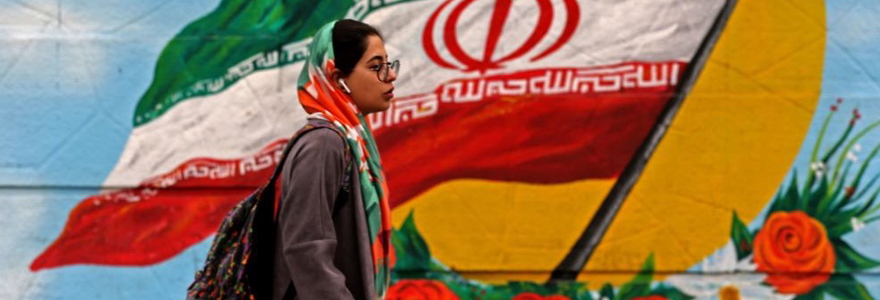Iran is not among the world’s progressive nations. The Islamic republic has been known for its systematic and widespread legal discrimination against women. This is why women rights in Iran is a hot topic. Visit this page maryam-rajavi.com, to check out women’s rights in Iran. The country’s law does not treat women as equal citizens in most aspects, including marriage, crime and punishment, and individual freedom. Women have fought and continue to fight hard to change this. In the fight for their freedom and rights, Iranian women have played a significant role in where the country is currently at and its potential future. Below are the roles of Iranian women in building the Islamic nation’s future;
Women’s activism role in the future of female education
Iranian society has a long history of women’s activism. Activism by women has prompted many changes in the laws and regulations in Iran. The women’s social movement in Iran started in early 1905 during the constitutional revolution. Five years later, the first women’s journal was published. Between 1920 and 1979, women’s activism prompted significant changes in education, employment, and political participation. During this time, the first group of women enrolled at Tehran University, women were granted the right to vote, and the first female minister was appointed to the Iranian government. The revolution in 1979 set back the women’s activism’s progress, thanks to the Islamization of their nation. However, this did not discourage women from pursuing higher levels of education. Therefore, women’s activism in Iran has played a significant role in encouraging literacy among women. So far, 97% of Iranian women are literate, and more than half of Iranian universities’ population is female. This has set the country on a course towards a future where women are no longer illiterate or unable to pursue higher education.
Women change-makers roles in changing legal discrimination
No other Iranian demographic is as united, organized, and committed to making changes in the Iranian society as the women are. This determination and drive can be attributed to the legal discrimination women in Iran have experienced. Discriminatory laws have forced thousands of women to strive to become change-makers and leaders. Iranian women continue to fight hard to change the laws and get equal treatment of its citizens, especially the female citizens. So far, female change-makers have promoted a change in Iran’s education and political systems. Currently, work is underway to change the limitations against women towards passport ownership and independence from their husbands and male family members. The hard work put forward by female change-makers is bound to change the country’s discriminatory laws in the future.
Women’s organization
The women’s organization and unity in Iran are set to have a lasting impact and transformational change in Iran’s future. Iranian women come together to organize politically and leverage the deeply ingrained cultural attitudes towards women to form lasting changes. Iranian women are pushing for change, freedom, and democracy for themselves and society. Most of these organizations aim towards a future where women are more involved in leadership, employment, autonomy, and independence. These changes will impact Iran’s population and its future growth and prosperity. Women in Iran play a significant role in the country’s political changes, influencing its international view and reputation. While there are still many restricting policies against Iranian women, the female population has prompted many changes and is paving a path to a better future with global support.
